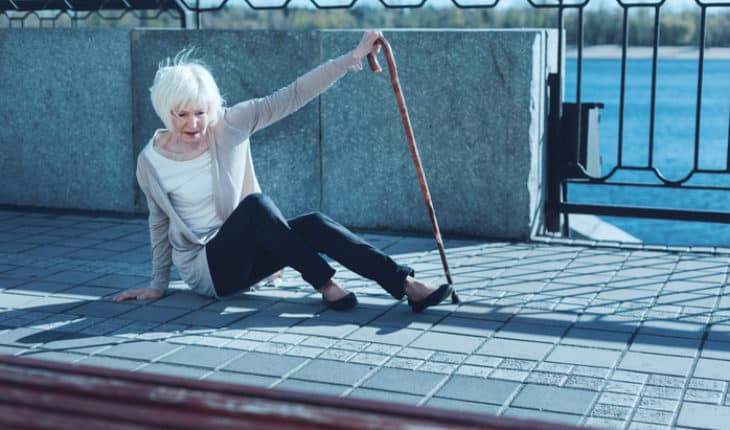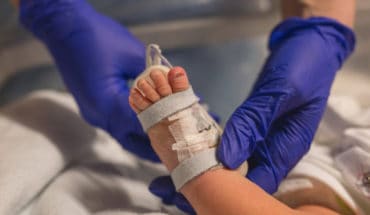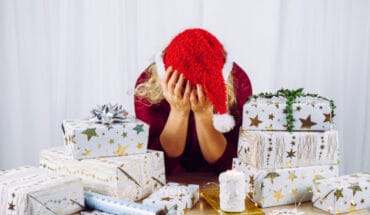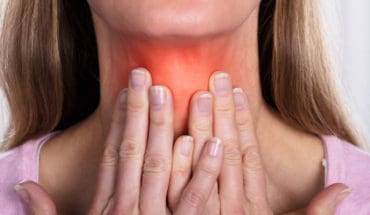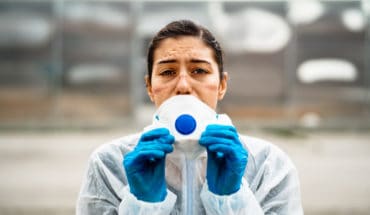It’s a shocking statistic, but each year over 4,500 people in England and Wales die following a fall. Nearly a third of a million people will also need hospital treatment. It is often older people who suffer from falls and unfortunately many of them may never recover from either the physical or psychological impact of their injuries. Sadly, falls are the most common cause of injury-related deaths in people over the age of 75.
Although the fall itself often doesn’t cause a serious injury, if the casualty is unable to get up following their fall, they are more likely to suffer hypothermia or pressure sores. It is therefore extremely important for elderly people to know how to deal with a fall if they have one. Falls can also lead to broken bones, which may cause the casualty to lose confidence, as they lose some of their mobility and therefore their independence. Here, we will give you a step by step guide on how to get up after a fall, making the process safer and, hopefully, reducing the after effects of the fall.
If you, or someone you know may be at risk of a fall – please do read this step by step guide. It may make all the difference, should you ever need it.
What to do after a fall:
Lie still for a couple of minutes and check that you are not seriously hurt. Systematically work your way up your body, carefully checking for pain or bleeding and slowly moving your limbs, one at a time.
How to get up after a fall
Take your time. Roll onto your hands and knees and look for a stable piece of furniture, such as a chair or bed.
Find something soft to kneel on to protect your knees. Hold on to the furniture with both hands and use the furniture to assist you in getting up.
Bend up one leg and plant your foot firmly on the ground. Use the chair or furniture to carefully push yourself up. Take your time.
Find something soft to kneel on to protect your knees. Hold on to the furniture with both hands and use the furniture to assist you in getting up.
Remain supported with your head forward until you are sure you have properly got your balance. Carefully push yourself up to a standing position.
Take time to recover and phone someone to tell them what has happened.
If you’re hurt and unable to get up:
Firstly try to get someone’s attention by calling out for help, banging on the wall or floor, or using your aid call button (if you have one). If you are unable to summon help, if possible crawl to a telephone and dial 999 to request an ambulance. Try to ensure that you have a fully charged mobile accessible at all times.
Whilst waiting for help, try to reach for a blanket or dressing gown to keep you warm. Wrap yourself up to insulate yourself from the ground, especially keep your legs and feet warm. Try to stay as calm as possible.
After a fall …
Having a fall could be an indicator of a treatable underlying health problem. It is sensible to make an appointment with the GP for a check-up and possibly ask for a referral to an NHS Falls Clinic where they can further investigate and help instigate measures to prevent further falls. There are specific muscle strengthening exercise classes, physiotherapy and lots of advice and support.
- What is a seizure? - 13th March 2025
- Febrile Convulsions and Seizures in Children - 13th March 2025
- Why women are less likely to receive CPR or survive cardiac arrest - 6th March 2025

